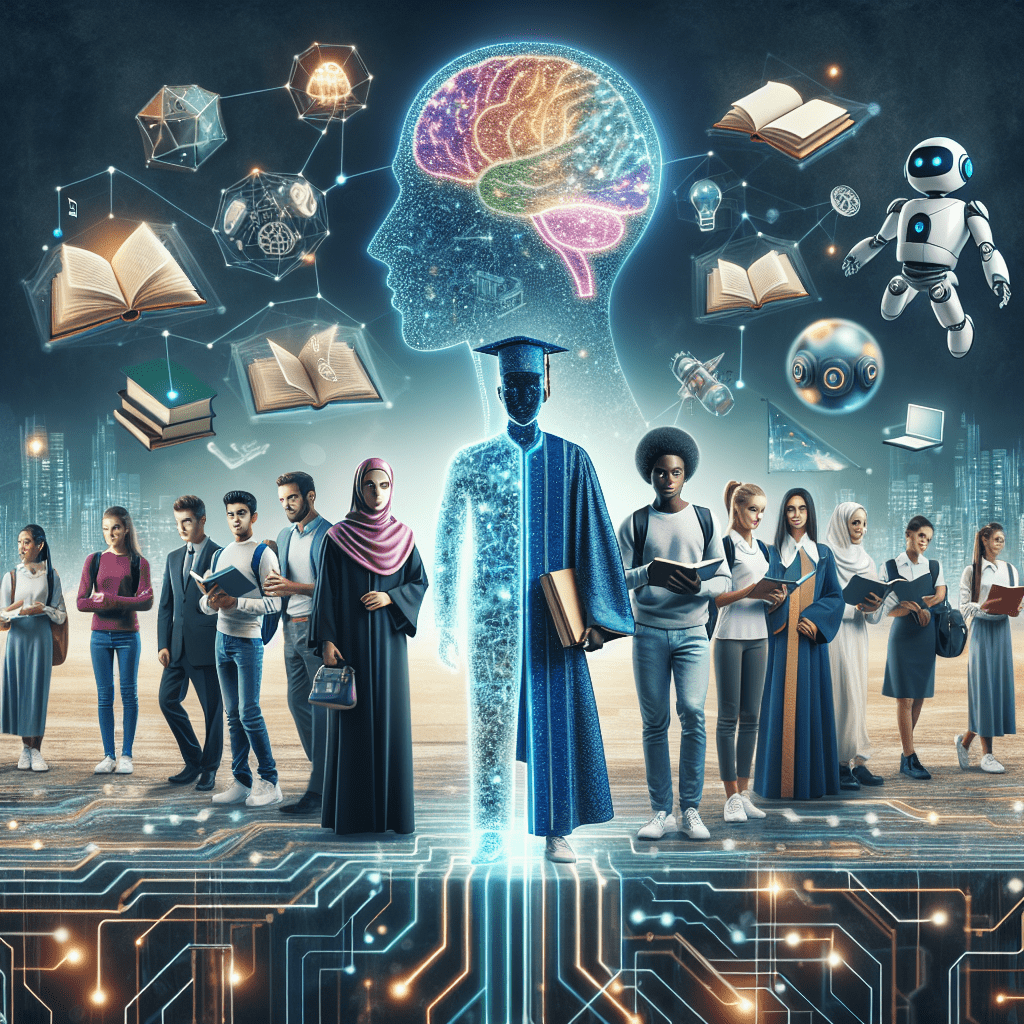In recent years, Artificial Intelligence (AI) has made significant strides in transforming various industries, including education. AI has the potential to revolutionize the way we learn and how educators teach, particularly in bridging the gap for learners of all abilities. From personalized learning experiences to adaptive assessments, AI is reshaping education to cater to the individual needs of each student.
How AI is Transforming Education
One of the key benefits of AI in education is its ability to personalize learning experiences for students. By analyzing data on each student’s learning style, pace, and preferences, AI algorithms can create customized learning pathways tailored to the individual needs of learners. This personalized approach allows students to learn at their own pace and in a way that suits their unique learning styles, ultimately improving learning outcomes.
Furthermore, AI can provide real-time feedback to students on their progress, helping them identify areas of improvement and track their performance over time. This not only helps students stay motivated but also enables educators to intervene and provide additional support where needed. In essence, AI serves as a virtual tutor, providing personalized guidance to students as they navigate their learning journey.
Moreover, AI can also assist educators in creating more engaging and interactive learning materials. By leveraging AI-powered tools, educators can develop immersive learning experiences that combine text, images, videos, and simulations to make learning more engaging and impactful. This can help students better retain information and apply what they have learned in real-world scenarios.
Benefits of AI in Education
There are several benefits of using AI in education to bridge the gap for learners of all abilities. Some of the key advantages include:
- Personalized learning experiences tailored to individual student needs
- Real-time feedback and progress tracking for students
- Improved engagement and retention through interactive learning materials
- Adaptive assessments that adjust difficulty based on student performance
- Increased efficiency and scalability in education delivery
Overall, AI has the potential to transform education by making learning more accessible, engaging, and effective for students of all abilities.
Challenges and Considerations
While AI holds great promise for education, there are also challenges and considerations that need to be addressed. One of the key concerns is the potential for bias in AI algorithms, which can inadvertently perpetuate inequalities in education. It is crucial for educators and policymakers to ensure that AI systems are designed and implemented in a way that is fair and equitable for all students.
Additionally, there is a need for ongoing training and professional development for educators to effectively integrate AI tools into their teaching practices. Educators must be equipped with the necessary skills and knowledge to leverage AI technology in a way that enhances student learning outcomes.
Conclusion
AI has the power to revolutionize education by bridging the gap for learners of all abilities. By providing personalized learning experiences, real-time feedback, and interactive learning materials, AI can help students learn more effectively and engage with educational content in new and innovative ways. While there are challenges and considerations to address, the potential benefits of AI in education are vast and promising. By embracing AI technology, educators can create a more inclusive and accessible learning environment for students of all abilities.
FAQs
1. How can AI help bridge the gap for learners of all abilities?
AI can provide personalized learning experiences, real-time feedback, and interactive learning materials that cater to the unique needs of each student, regardless of their abilities.
2. What are the benefits of using AI in education?
The benefits of AI in education include personalized learning experiences, enhanced engagement, improved retention, and increased scalability in education delivery.
3. What are some challenges of integrating AI into education?
Challenges include potential bias in AI algorithms, the need for ongoing educator training, and ensuring equitable access to AI technology for all students.
Quotes
“Education is the passport to the future, for tomorrow belongs to those who prepare for it today.” – Malcolm X
#Education #Bridging #Gap #Learners #Abilities


